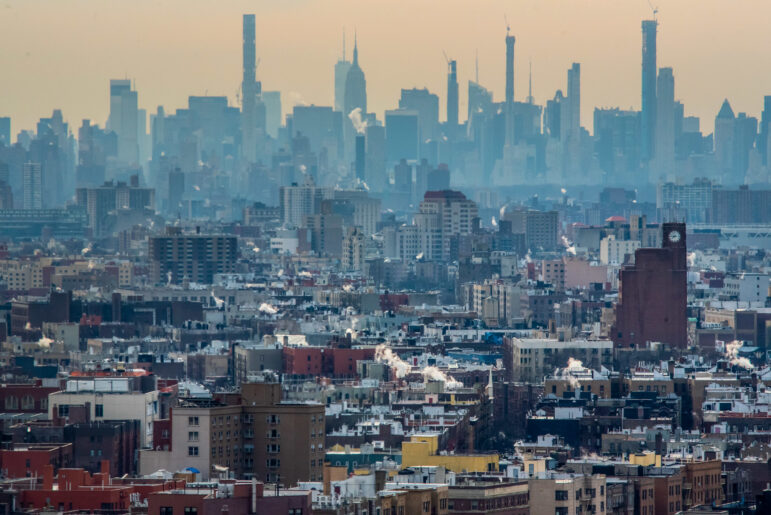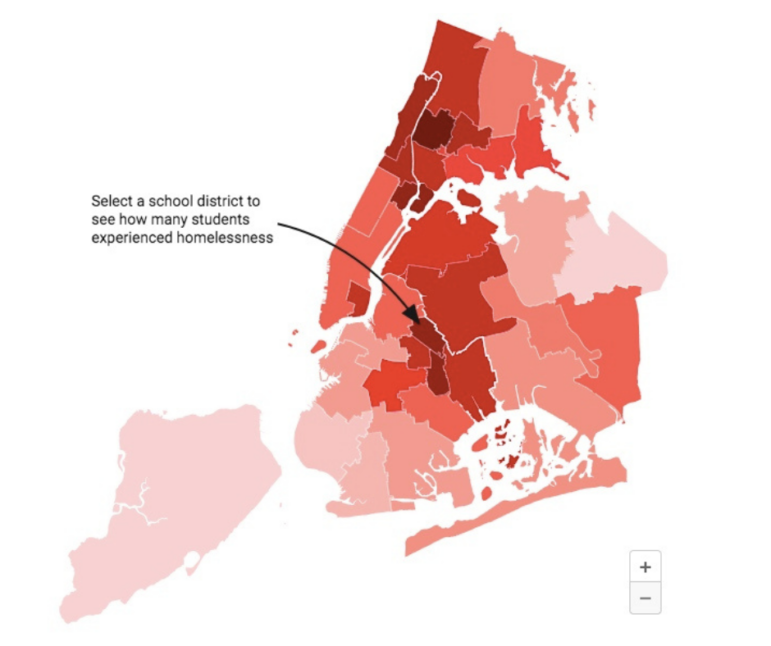High finance doesn’t have the prestige it had a year ago. As the city prepares to invest billions in rebuilding Wall Street, new financial scandals joust for front-page space with New York’s looming budget gap. New Yorkers might be excused for asking, How can we make sure the Street does something for the city?
Here’s one idea: Tax the financial markets. From 1907 to 1981, the state levied a stock transfer tax of up to a nickel a share, which worked out to about 0.2 percent of each transaction. Every share traded on the New York and American stock exchanges was liable for the tax, no matter where the buyer, seller or broker happened to be. (Strictly speaking, the tax still exists but is instantly rebated. An additional federal tax, 1/300th of a percent on stock transfers, is also assessed to fund the Securities and Exchange Commission.)
A stock transfer tax is part of the broader family of securities transaction taxes. The most famous member of this family is probably the hypothetical “Tobin tax” on international currency transactions, which Nobel prize-winner James Tobin proposed as a tool to limit the kid of destructive financial speculation that has contributed to financial crises throughout the developing world.
Whether transaction taxes really reduce market volatility is a matter of considerable dispute. But no one doubts that they can raise a lot of revenue. And arguably, they do so with a minimum of the “distortions” that, for economists, are the real cost of taxation. For an economist, the only meaningful expense of a tax is the change in people’s behavior that it causes. And there’s little evidence that a stock transfer tax would significantly change the behavior of investors, brokers or anyone else. If anything, it might help curb the excesses of speculation that have helped bring Wall Street into its current crisis.
In 1981, the last year New York’s tax was in effect, it brought in $328 million for the city. (The tax was collected by the state but, under a deal worked out by Mayor John Lindsay in the 1960s, the proceeds were passed to the city.) If the same tax were imposed on today’s hyperactive markets, it would bring in nearly $8 billion a year.
No one is currently proposing that. Advocates of the tax–led by the Working Families Party and the independent Fiscal Policy Institute–are calling for a tax at one-tenth the old nickel rate, or half penny per share, capped at $35 per transaction. (This would work out to an average tax rate of less than 0.02 percent.) The tax would bring in an estimated $800 million a year–exactly enough, as it happens, to cover the $753 million budget shortfall projected for this year by the city’s Independent Budget Office.
_______
So much for the benefits. What about the costs? Some fear the financial services industry–banks and brokers–will leave he city; others believe the exchanges themselves will pull up stakes. Less apocalyptically, but perhaps more realistically, some worry that even if the brokers stay, they’ll direct their trades overseas. “The bottom line is,” says Don Mele of the New York City Partnership, “how much business which otherwise would have happened in New York won’t happen?”
The answer is probably not much. Because the tax would apply to all shares traded on the New York exchanges, no matter where the broker, buyer or seller was, the vast bulk of the industry would be unable to avoid it by leaving town. “So unless you believe this tax will cause the entire stock exchange to move, which on its face is absurd,” says Dan Cantor of the Working Families Party, “you’re not going to se businesses leave.”
Not everyone agrees it’s absurd. (The New York Stock Exchange, which got Bloomberg’s attention this July when it hinted it might move half its operations to Westchester, declined repeated requests for comment.) But consider: The tax would increase trading costs by less than 1 percent–and that would be paid by investors, not by the exchanges. New York City’s pledge of massive financial support to build a new New York Stock Exchange doesn’t alter the fact that it would be enormously expensive for the exchange to relocate outside of New York City, bringing infinitesimal cost savings. If the exchange does move, it will be for a lot of other reasons–cheaper rent and security concerns foremost among them.
A more serious worry is that since many stocks traded on the New York exchanges are also traded on foreign markets, brokers might try to save their customers the cost of the tax by directing their orders abroad. Such a shift would cost the city little in the short term, but in the long run could erode the primacy of New York’s markets. As Mele says, there is no guarantee that New York will be the world’s financial hub forever: “Who ever would have thought of Singapore as a major financial center 10 years ago?”
As it happens, Singapore, number two on the Heritage Foundation’s Economic Freedom index, already levies stock transfer taxes. So does number one, Hong Kong. London, a market which, as Mele rightly notes, has been gaining business from New York in the past decade, has one of the world’s highest stock-transfer taxes, 0.5 percent–over 20 times the proposed New York rate. It’s possible that tax-avoidance would lead to trading overseas, but where?
Indeed, in much of the world taxing sales of stocks is as natural as taxing sales of cigarettes. France charges 0.15 percent of the stock’s value, Germany 0.17 percent, Switzerland 0.15 percent, Ireland a full 1 percent. At least 30 countries, including almost all of New York’s major competitors, tax stock transfers, according to a recent Political Economy Research Institute paper by economists Robert Pollin, Dean Baker and Marc Schabere. All else being equal, market participants would no doubt avoid the tax if they could.
But all else is never equal. Total transaction costs on stock trades–commissions, spreads, fees levied by the exchanges–are seldom less than 2 percent. Given that few taxes are as high as one-tenth of that, it’s not surprising that taxes are swamped by other factors in determining where trades take place.
_______
In fact, it’s unlikely that the tax New York is considering would have any noticeable effect on market behavior at all. But if it did, the most likely response would be that investors would simply trade less. (There’s some evidence that this was one of the main responses when the London tax was extended to previously untaxed transactions in 1986.)
Though it would reduce the revenue from the tax a bit, this would not necessarily be a bad thing. One benefit of a stock-transfer tax is that it falls much more heavily on short-term speculation than on the Warren Buffets of the world who buy and hold. The small tax being proposed is unlikely to affect investor behavior much one way or the other; but to the extent it encourages longer time horizons, we might expect more productive investment by American firms. And if the tax reduced short-term speculation, moderating Wall Street’s boom and bust cycles, the city would benefit directly as well.
Some suggest limiting the tax, at least initially, to the most potentially damaging forms of speculation. Jane D’Arista, an economist at the Financial Markets Center, proposes beginning with a tax limited to short-sales, the practice of selling borrowed shares in the hopes hey will decline. “Some limits on the most egregious forms of speculation are absolutely necessary,” says D’Arista.
As Pollin notes, a new tax on Wall Street probably has better odds of passing now than any time in the past generation. “The collapse of the 1990s bubble makes clear that re-regulating financial markets in an intelligent way is a matter of urgency,” he says. “Stock transfer taxes are highly flexible policy tools. If they are set at a low rate, they discourage only the most highly speculative traders and still raise lots of revenue.”
Whether to rein in speculation or to raise revenue, any proposal to reinstate the stock transfer tax will face an uphill fight. In the wake of September 11, it’s hard to make the case for imposing any new burden n lower Manhattan, especially when few realize how small the tax’s burden would actually be. But its proponents are optimistic: Although Mayor Bloomberg doesn’t think much of the idea, a majority of the City Council is already on record in support of reviving the stock transfer tax.
“Given how big a deficit we’re about to face,” says Cantor hopefully, “something that wouldn’t have a chance in ordinary years may actually happen.”
J.W. Mason is a Ph.D candidate in economics at the University of Massachusetts-Amherst.








